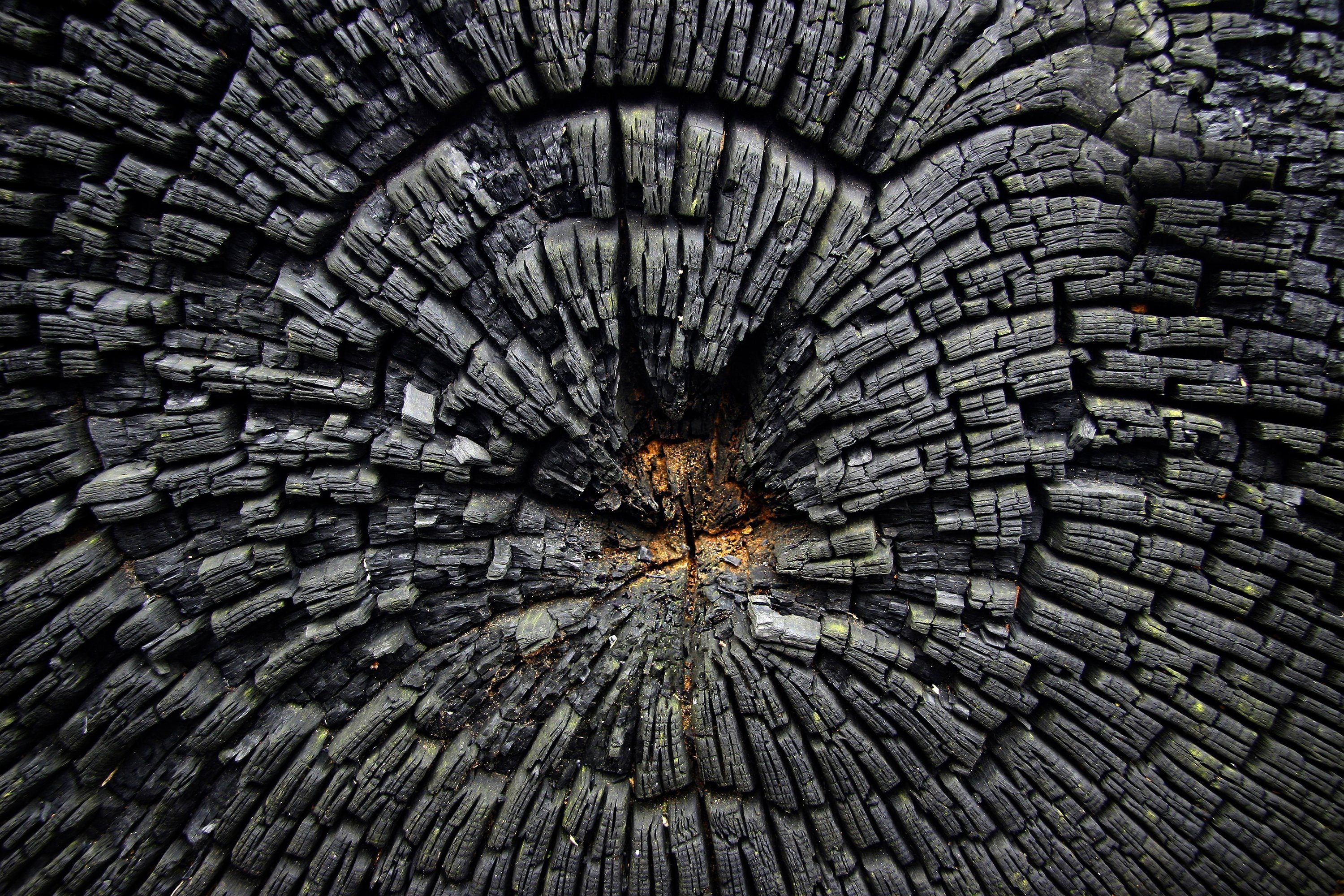Proving a great benefit in the health and beauty industry, activated charcoal has now made a recognizable impact on the routine and lifestyles of many individuals. But what is activated charcoal to begin with, and what is it used for?
Wood, coal, and bamboo are just some resources that can be turned into activated charcoal. Activated charcoal, although defined in different ways, is made from regular charcoal that has been prepared for food, health and beauty purposes. The charcoal is exposed to high temperatures to oxidize, and it gets "activated" through the use of steam or air. This causes the charcoal to develop very tiny pores, giving the activated charcoal that effective quality of binding or trapping molecules and/or chemicals.
Do not try making activated charcoal yourself at home with the charcoal you have for barbecuing! That is totally different from food-grade charcoal and it can contain harmful chemicals that help keep the fire going. Coconut shell, Hardwood, and Bamboo activated charcoal are safe additions to daily dietary, health and beauty regimens.
Below is a guide to help you decide which type of activated charcoal is best for your health and beauty needs, as some types of charcoal are better for internal use (digestion, detoxification, etc.), while other types are best for external use (teeth, hair, skin, etc.).
Coconut and Bamboo Activated Charcoal
These types of activated charcoal are safe for internal and external use, but may be harder to clean or scrub off. Here are some of the most common uses.
Aids Digestion
Activated charcoal powder makes a great addition to your smoothies, shakes, and juices to aid in better digestion and to help with bloating and gas relief.
Detoxification
Activated charcoal adsorbs harmful toxins in our bodies, which makes it helpful when you need to do some detoxing.
Healthier Hair and Skin
Thin, weak hair? A scoop of Coconut Activated Charcoal Powder added to your favorite shampoo can bring fullness and strength to improve overall hair quality. It also helps keep your skin clean, clear and feeling smooth all over.

Odor Control
The microporous quality of coconut activated charcoal powder allows it to absorb odors faster and more efficiently than other types of activated charcoal powder.
Poultices
Poultices use whole herbs, salt, baking soda and even activated charcoal wrapped in a piece of cloth and placed over the skin to help ease boils, burns, splinters, infections, and other minor skin problems.
Treats Poisoning
Activated charcoal is often medically used as an antidote to treat alcohol poisoning, while some use it to prevent a hangover before a night out. Before the alcohol gets fully absorbed into our bodies, the activated charcoal helps gather it through adsorption.
Hardwood Activated Charcoal
This type of activated charcoal is ideal for external use, and it's easier to clean or scrub off than its Coconut counterpart.
Whiten Your Teeth
Hardwood absorbs large color molecules, making it great for teeth whitening - as long as it is 40 microns or less in particle diameter. As you brush your teeth, form a paste with water and the activated charcoal and gently dab on your teeth (with a finger) and leave it on for two to three minutes for an added natural whitening agent that will help lessen the discoloration of your teeth. Then simply follow with your regular brushing routine. Improvement can be seen in as little as two weeks, although heavier stains may take longer to see the results.
Ease Bites, Wounds, and Burns
Insect bites, tiny wounds, and burns are sometimes unavoidable, but with a little activated charcoal powder and some water mixed together, a charcoal compress over the area can help relieve pain and reduce swelling.
Treat Acne
Activated charcoal powder can be used to treat acne, clear whiteheads and/or blackheads, and control oiliness and breakouts by adding it to facial masks, or mixing it with your facial wash or scrub. It can also be used as a skin cleanser as it penetrates through the pores due to its very fine state. It can remove dirt and help clarify the skin making it look healthier and smoother.
Cool Facts about Activated Charcoal
- Bamboo activated charcoal powder has often been used in confectionaries in Japanese culture for the very reason that it can be used to treat minor poisoning.
- Hardwood activated charcoal powder can remove pigments from water and other liquids. It is also categorized as mezzo porous or effective in adsorbing intermediate-sized molecules like most toxins.
- Coconut shell activated charcoal powder’s ultra-fine quality makes it easy to be added to make-up products, deodorants, soaps and since it is of food-grade quality, it can even be added to ice creams, chocolates, smoothies and different types of bread.

Adding Activated Charcoal to Your Daily Routine
If you are new to incorporating activated charcoal powder into your daily beverage or diet, you can start by using half a teaspoon or a full teaspoon of the product to allow your body to adjust.
Precaution: activated charcoal side effects like dehydration, constipation and regurgitation may be more prevalent with some people more than others. It is advisable that you seek the guidance of your medical practitioner when you are taking any kind of medication, as the activated charcoal may bind with the medication and take away its potency. It is also advisable to drink adequate amounts of water when you are taking activated charcoal to avoid constipation.
Activated charcoal is a Generally Recognized As Safe (GRAS) product that is accepted for internal and topical use.






2 comments
Hi Steven,
We recommend sending an email to info@zenprinciple.com with your request and the name of the product you received. We’ll be happy to send you delicious and healthy recipe suggestions!
received first bag, I was told you would provide recipies of how best to use?